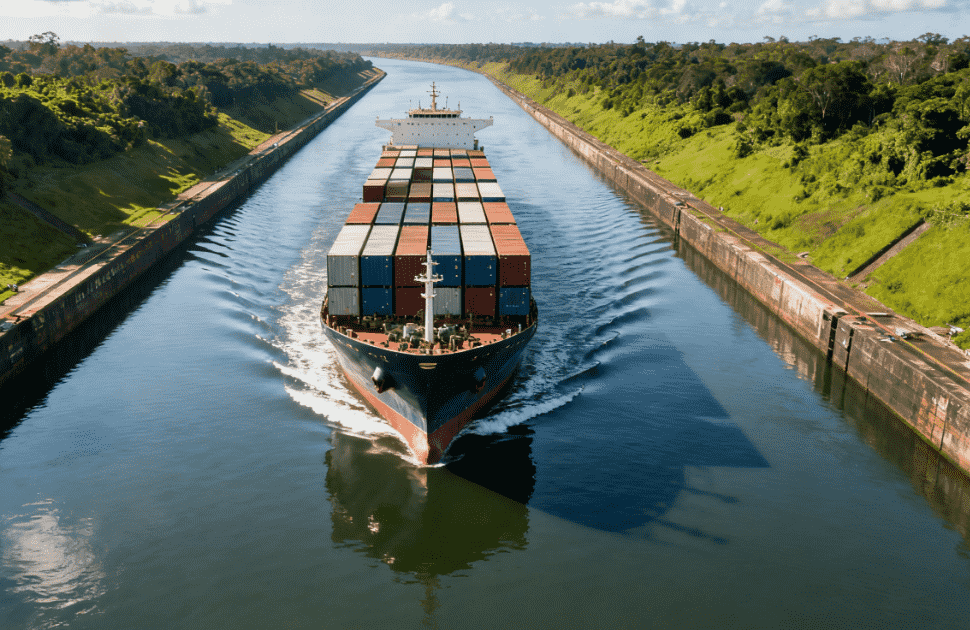
The global trade landscape is evolving rapidly, with businesses increasingly seeking reliable logistics solutions to bridge the gap between manufacturing hubs in China and emerging markets like Liberia. For companies exporting goods from China to Liberia, understanding the nuances of freight services, transit times, and cost optimization is critical. This guide explores the intricacies of shipping from China to Liberia, emphasizing the role of a trusted cargo agent and freight service provider in ensuring seamless operations.
1. Why Choose China-to-Liberia Shipping?
Liberia, a West African nation with a growing economy, presents significant opportunities for importers. Its strategic location near major shipping routes and access to regional markets make it an attractive destination for Chinese goods, ranging from electronics and textiles to machinery and consumer products. However, navigating the logistics of this 12,000-kilometer journey requires expertise.
A professional freight service provider ensures compliance with customs regulations, minimizes delays, and optimizes costs. Businesses often partner with a cargo agent to handle documentation, track shipments, and manage unforeseen challenges, such as port congestion or weather disruptions.
2. Key Shipping Routes and Transit Times
The primary routes for shipping from China to Liberia involve maritime transport, with two main options:
a. Direct Shipping (China to Monrovia, Liberia)
Direct routes from major Chinese ports (e.g., Shanghai, Shenzhen, Ningbo) to Monrovia’s Freeport are available but less frequent. Transit times average 35–45 days, depending on vessel schedules and weather conditions. This option suits time-sensitive cargo but may incur higher costs due to limited capacity.
b. Transshipment via European or West African Hubs
Most shipments route through transshipment ports like Rotterdam (Netherlands), Valencia (Spain), or Lomé (Togo). This adds 5–10 days to the journey but offers flexibility, frequent sailings, and cost savings. For example:
- Shanghai to Rotterdam: 25–30 days
- Rotterdam to Monrovia: 10–15 days
Total: 35–45 days
Air freight is an alternative for urgent shipments, reducing transit time to 5–7 days, though costs are 5–10 times higher than sea freight.
3. Cost Breakdown: Factors Influencing Pricing
Shipping costs from China to Liberia vary based on multiple factors:
a. Cargo Type and Volume
- Full Container Load (FCL): Ideal for bulk shipments (20ft or 40ft containers). Costs range from 3,500–6,000 per container, depending on origin port and season.
- Less Than Container Load (LCL): Suitable for smaller shipments. Pricing is calculated per cubic meter (CBM), averaging 150–300/CBM.
b. Freight Mode
- Sea Freight: Most economical, with rates fluctuating based on fuel prices and market demand.
- Air Freight: Costs start at 8–12/kg, escalating during peak seasons.
c. Additional Charges
- Customs Clearance: Liberia imposes a 15% duty on most goods, plus processing fees.
- Port Charges: Terminal handling fees (THC) in Monrovia average 200–400 per container.
- Insurance: Recommended at 1.5–2% of cargo value.
d. Seasonal Fluctuations
Peak seasons (August–December) see a 20–30% surge in rates due to high demand. Partnering with a cargo agent can help secure preferential rates through long-term carrier contracts.
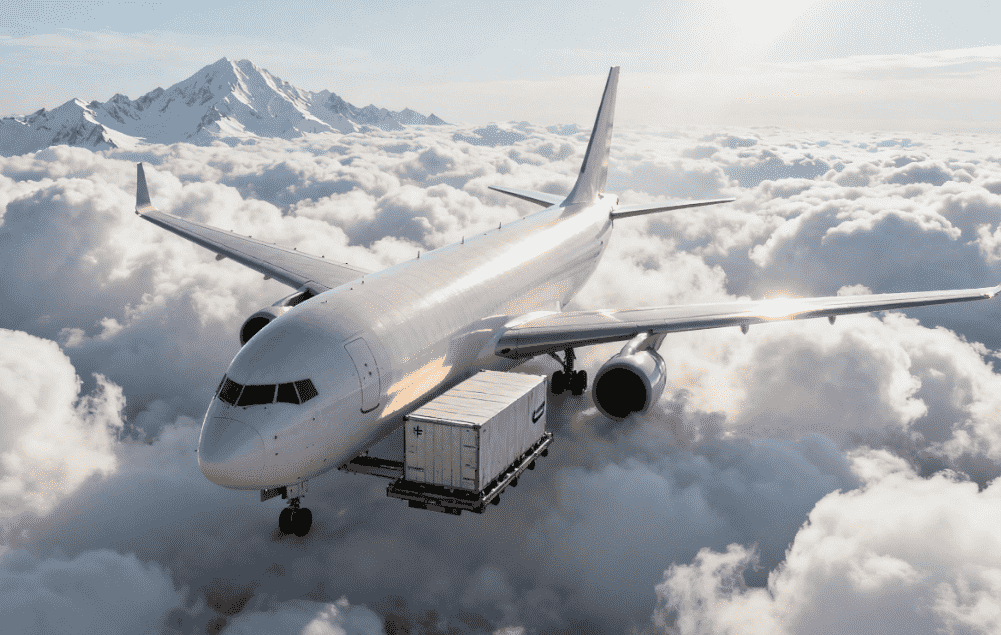
4. Choosing the Right Freight Service Provider
Selecting a competent freight service provider is pivotal. Key considerations include:
a. Experience in China-to-Liberia Routes
Providers with established networks in both regions can anticipate challenges, such as port delays or documentation errors.
b. Customs and Compliance Expertise
Liberia’s customs procedures require accurate documentation (e.g., bills of lading, certificates of origin). A knowledgeable cargo agent ensures compliance to avoid fines or shipment holds.
c. Technology and Tracking
Real-time shipment tracking and digital documentation platforms streamline operations. Providers offering end-to-end visibility reduce risks of miscommunication.
d. Value-Added Services
Look for partners offering warehousing, cargo insurance, and last-mile delivery in Liberia. These services enhance efficiency and reduce hidden costs.
5. Common Challenges and Mitigation Strategies
Shipping to Liberia involves unique hurdles:
a. Port Infrastructure Limitations
Monrovia’s port has limited equipment for handling oversized cargo. Pre-shipment inspections and proper packaging are essential.
b. Documentation Errors
Missing or incorrect paperwork (e.g., phytosanitary certificates for agricultural goods) can delay clearance. A cargo agent with local expertise can prevent such issues.
c. Political and Economic Risks
Liberia’s political stability and currency fluctuations (USD is widely accepted) impact logistics planning. Diversifying suppliers and maintaining buffer stock can mitigate risks.
6. Winsail Logistics: Your Trusted Partner for China-to-Liberia Shipping
For businesses seeking tailored logistics solutions, partnering with a seasoned provider like Winsail Logistics ensures cost-effective and reliable transportation. With expertise in freight service management and a global network of agents, Winsail Logistics simplifies the complexities of international shipping.
Visit https://www.winsaillogistics.com to explore customized solutions, from FCL/LCL options to door-to-door delivery in Liberia.
7. Future Trends in China-Liberia Logistics
The logistics sector is evolving with advancements in technology and sustainability:
a. Digitalization
Blockchain and AI-driven platforms are enhancing transparency in cargo tracking and customs processes.
b. Green Logistics
Carriers are adopting low-sulfur fuels and eco-friendly packaging to reduce carbon footprints.
c. Regional Trade Agreements
Liberia’s participation in the African Continental Free Trade Area (AfCFTA) may simplify cross-border trade, reducing tariffs and bureaucracy.
Conclusion: Optimizing Your China-to-Liberia Supply Chain
Shipping from China to Liberia demands strategic planning, but the rewards outweigh the challenges. By leveraging efficient logistics solutions, partnering with a reliable cargo agent, and staying informed about market trends, businesses can unlock Liberia’s growth potential.
Whether you prioritize cost, speed, or compliance, a professional freight service provider is your gateway to success. Start planning your next shipment with confidence, knowing that the right logistics partner can turn global trade complexities into competitive advantages.
Key Takeaways:
- Choose direct or transshipment routes based on budget and urgency.
- Partner with a cargo agent for customs expertise and risk mitigation.
- Monitor seasonal cost fluctuations and invest in technology for visibility.
- Explore sustainable practices to align with future trade trends.
By adopting these strategies, your business can thrive in the dynamic China-Liberia trade corridor.
-
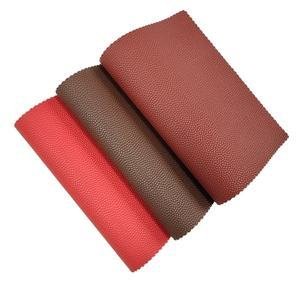 Door to Door by Air Leather Fabric from Guangzhou to Dubai2025-10-17
Door to Door by Air Leather Fabric from Guangzhou to Dubai2025-10-17 -
 Door to Door by Ocean Freight Pull the Cart from China to Dubai2025-10-16
Door to Door by Ocean Freight Pull the Cart from China to Dubai2025-10-16 -
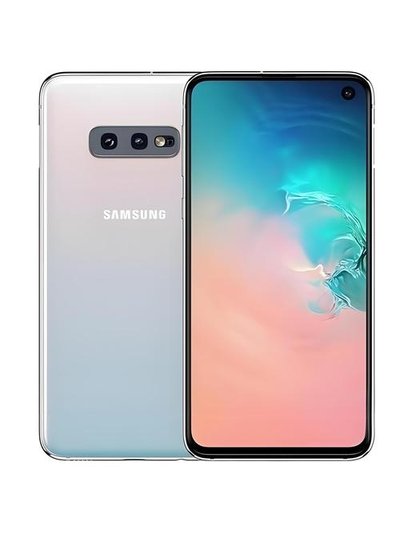 Door to Door by Air Freight Second-hand Samsung Mobile Phones from Hongkong to Lagos2025-10-15
Door to Door by Air Freight Second-hand Samsung Mobile Phones from Hongkong to Lagos2025-10-15 -
 Air Freight Fabric from Shanghai to Dammam2025-10-13
Air Freight Fabric from Shanghai to Dammam2025-10-13 -
 Door To Door By Ocean Freight Fuel Filter From Guangzhou To Jebel Ali2025-10-11
Door To Door By Ocean Freight Fuel Filter From Guangzhou To Jebel Ali2025-10-11 -
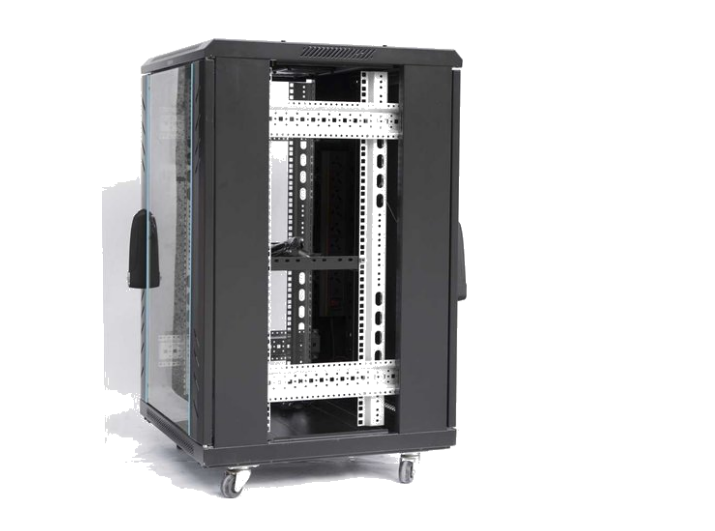 Ocean Freight Service Network Cabinet From Tianjin To Jeddah2025-10-10
Ocean Freight Service Network Cabinet From Tianjin To Jeddah2025-10-10

